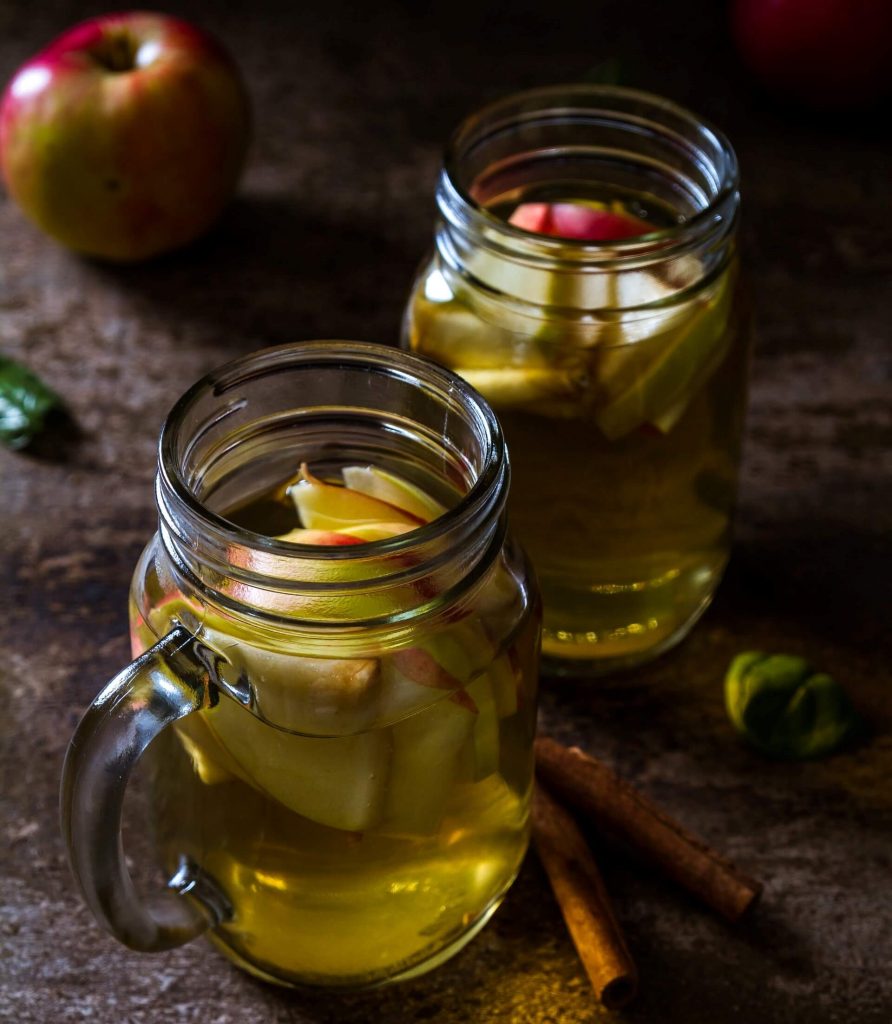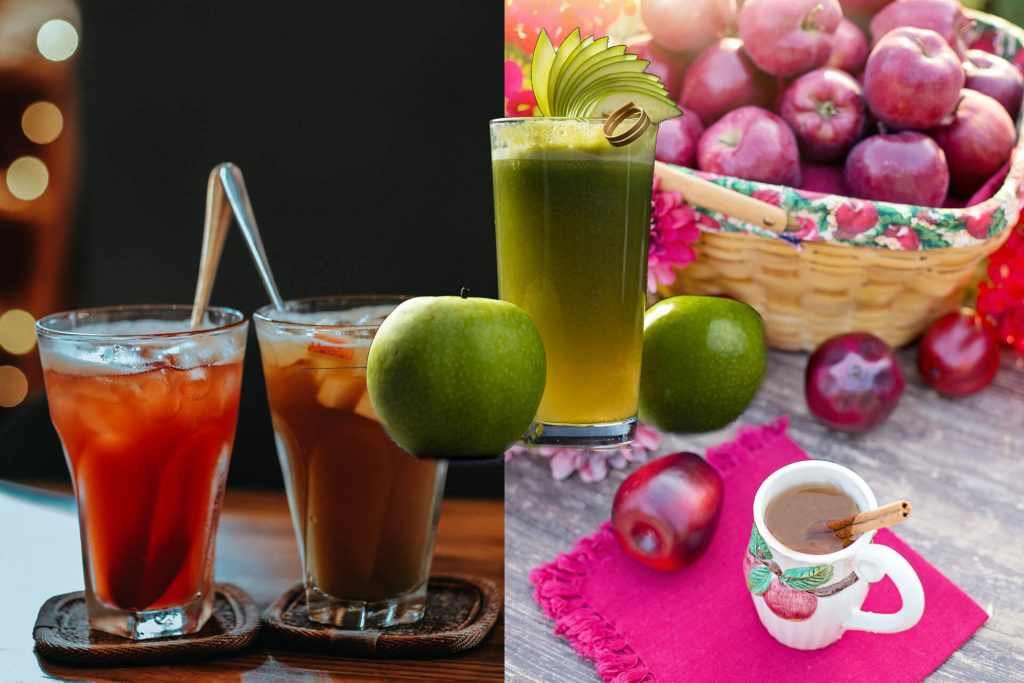Apple juice and apple cider may bring back memories of your youth or excite you for the upcoming fall days in the pumpkin patch with your own children in tow. Is Apple cider healthier than Apple juice? Both of these beverages may make you feel good, but they can also be extremely beneficial to your health and the health of your family. In contrast to this, scientific evidence reveals that one is more potent than the other in a sweet sense.
Is Apple Cider Healthier Than Apple Juice?
It is considered apple cider in the United States if the apple juice has not been filtered to remove all of the apple pulp, as is the case here. (In the United States, cider is commonly referred to as “hard cider,” which is a type of alcoholic beverage.) Although some juices have extra vitamin C, they all have the same number of calories, natural sugars, and vitamins. Apple polyphenol chemicals are more abundant in cider than in commercially available clear apple juice. These beneficial components may be up to four times more concentrated in fresh cider from cider apples than in clear commercial apple juice, owing to the apple varietals utilized and the additional processing required to generate clear juice.
Polyphenol chemicals are being studied by scientists to see whether they can help reduce cancer risk. Antioxidant enzymes in the body are activated by these substances, which may help prevent cancer by encouraging aberrant cells to self-destruct (an effect that has been seen in laboratory studies with these compounds).
There are no phytochemicals in cider that you get from eating an entire apple, and there is no dietary fiber in cider. Apples’ fiber might help you feel fuller longer, which may help you keep your calorie intake in check. Our beneficial bacteria in our intestines could use this fiber to make cancer-fighting compounds that lessen our risk of developing colon cancer.
For the most part, cider is a terrific beverage option, but there is one safety concern: cider, especially that which is purchased directly from a cider mill or farm stand, is not normally pasteurized to remove potentially deadly bacteria. Cider. This isn’t a concern for most people with good immune systems.
However, for those with weakened immune systems, such as those with AIDS, cancer, or diabetes, or those taking medication, this may offer a risk. Pregnant women, newborns, and young children also have weaker immune systems. For this reason, the FDA recommends that people in these categories only consume unpasteurized juice after first bringing it to a rolling boil in order to kill any hazardous bacteria.
Is Apple Cider Alcoholic?
Cider made from fresh apples has no alcohol in it. Your cider will ferment and turn alcoholic if it isn’t pasteurized, making hard apple cider or vinegar if it isn’t pasteurized. You should drink your cider within two weeks of producing it to avoid making it alcoholic.

Apple juice is fermented into cider, which has a relatively modest alcohol content. Specific qualities have been outlined previously. Both the term “cyder” and “cider” have been in use since at least 1631, including in Australia, but the term “cider” is more commonly used today. Cider is an alcoholic beverage, whereas cyder is typically apple juice or some other nonalcoholic beverage, depending on where you live (apple juice). In England, cider is referred to as hard cider, while in the United States, it is referred to as hard cider.
Also Read: Apple Cider vs Apple Juice – Difference between Apple Juice and Apple Cider | What is the Best?
Don’t forget to share this with your friends.









1 Comment
Pingback: Apple Cider vs Apple Juice - Difference between Apple Juice and Apple Cider | What is the Best? | Tip Being 2022